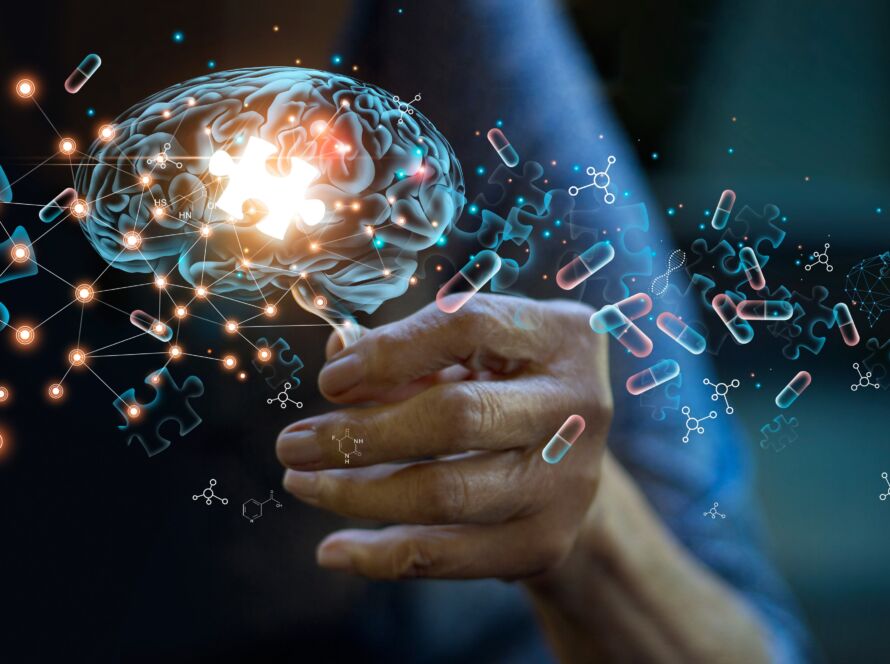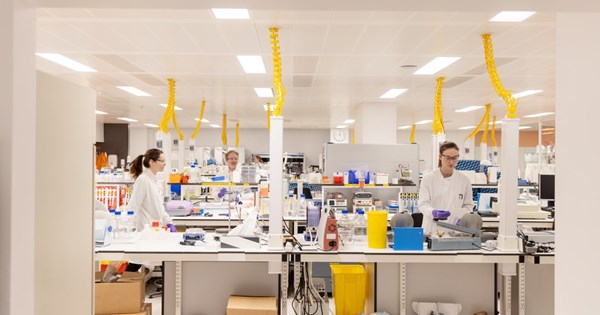The field of medicine has always been at the forefront of technological advancements, and the rise of artificial intelligence (AI) is no exception. With the ability to process vast amounts of data at lightning speed, AI has the potential to transform the way medical information is accessed and utilized. Informed decision-making is crucial in the realm of healthcare, and AI-driven medical information is empowering both healthcare professionals and patients to make better choices. Let’s delve into how AI is revolutionizing the field and enabling informed decision-making.
The Rise of AI: Transforming Medical Information
AI is making waves in the medical field, revolutionizing how medical information is accessed and utilized. Traditionally, healthcare professionals have relied on manual methods to gather and analyze data, often leading to delayed or inaccurate diagnoses. However, with the advent of AI, healthcare professionals have access to cutting-edge tools that can process and interpret vast amounts of medical information in real-time.
AI algorithms can sift through medical literature, clinical guidelines, and patient data to provide healthcare professionals with valuable insights. This not only saves time but also increases the accuracy of diagnoses and treatment plans. With AI, doctors can make more informed decisions based on evidence-based information, leading to improved patient outcomes.
Harnessing the Power of AI for Informed Decision-Making
AI-driven medical information is not limited to healthcare professionals alone. Patients are also benefitting from AI-powered tools that provide them with valuable insights and enable them to actively participate in their own healthcare decisions. With the help of AI, patients can access personalized medical information, such as treatment options, potential side effects, and prognosis, allowing them to make better-informed decisions about their health.
Moreover, AI-driven medical information is facilitating better doctor-patient communication. Patients can ask questions and seek clarifications, while healthcare professionals can provide tailored information and advice based on the individual’s medical history and preferences. This collaborative approach empowers patients to actively engage in their treatment plans, leading to improved patient satisfaction and adherence to prescribed treatments.
The transformative power of AI in the realm of medical information cannot be overstated. By harnessing the vast amounts of data available, AI is revolutionizing the way medical information is accessed, analyzed, and utilized. From empowering healthcare professionals with evidence-based insights to enabling patients to actively participate in their own healthcare decisions, AI-driven medical information is transforming the healthcare landscape. As AI continues to advance, its potential to empower informed decision-making in healthcare will only grow, paving the way for a future where personalized and efficient healthcare is accessible to all.


